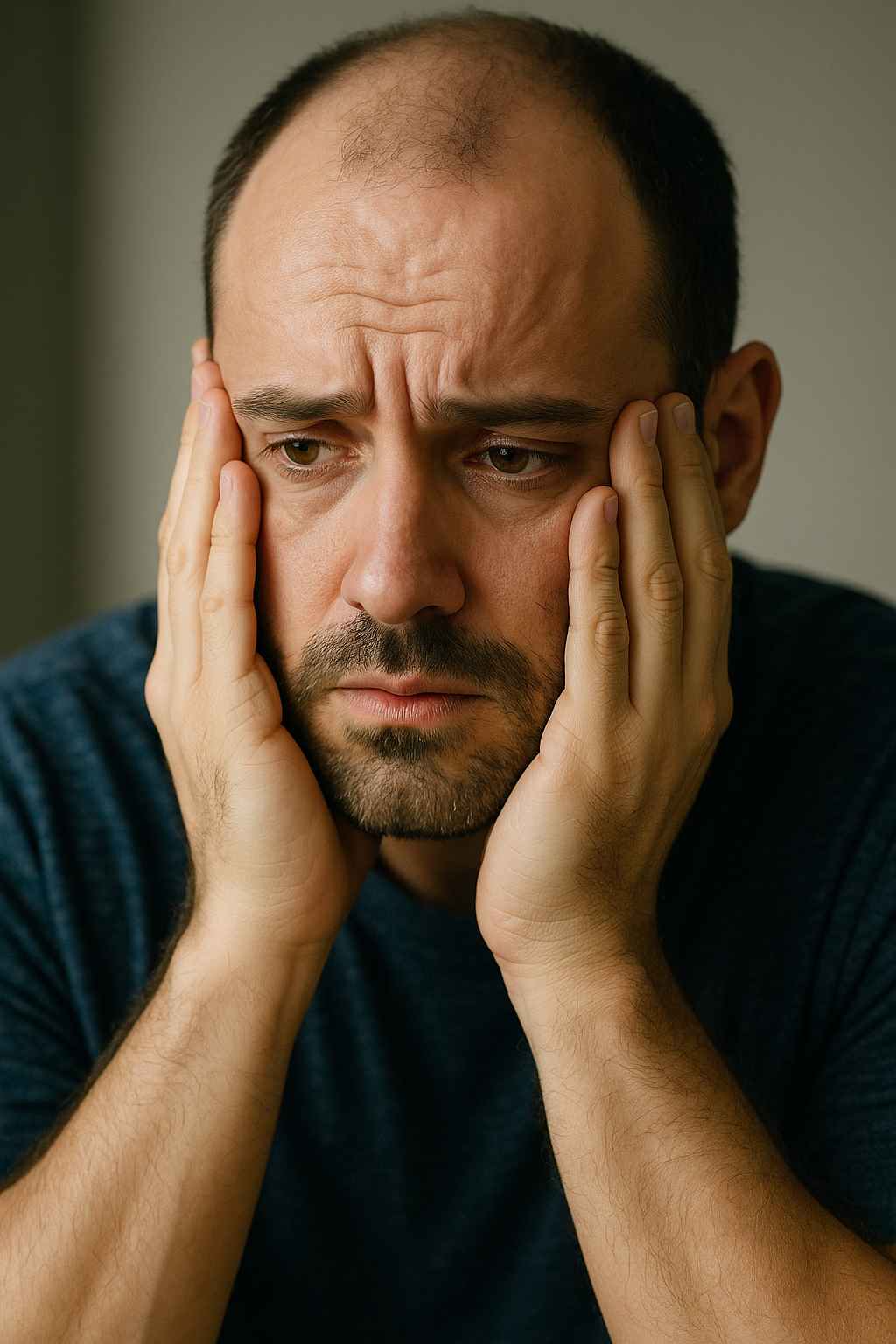Table of Contents
- Introduction
- What Is HIV Anxiety?
- Why It Happens
- Effects on Well‑Being
- How to Manage HIV Anxiety
- When to Seek Professional Help
- FAQs
Introduction
Living with or fearing HIV can trigger significant anxiety—worries about health, treatment, stigma, and the unknown often leave individuals feeling overwhelmed. It’s important to recognize that HIV anxiety is real, common, and treatable.
What Is HIV Anxiety?
“HIV phobia” or HIV serophobia refers to disproportionate fear of contracting HIV or believing one is infected, despite negative tests. Anxiety related to HIV encompasses normal reaction after diagnosis as well as persistent, distressing patterns that interfere with daily life.
Why It Happens
- Diagnosis adjustment: Anxiety is common after testing positive, often manifesting as an adjustment disorder.
- Medication concerns: Some antiretrovirals may cause side effects like sleeplessness, depression, or anxiety.
- Stigma: Fear of rejection or discrimination intensifies stress.
- Biological factors: Chronic inflammation from HIV might contribute to anxiety and mood disorders.
Effects on Well‑Being
- It may lead to avoidance of healthcare, including skipping appointments or medication.
- Anxiety disorders can coexist with or exacerbate depression, PTSD, OCD, or social anxiety.
- Quality of life may decline—affecting relationships, work, and social engagement.
How to Manage HIV Anxiety
- Talk with healthcare providers: Discuss mental health and ART side effects—some medications may need adjustment.
- Use practical problem-solving: Focus on what you can control—med adherence, financial planning, and housing.
- Build a support network: Peer groups, AIDS service organizations, and support communities help reduce isolation.
- Practice stress-reducing techniques: Try meditation, exercise, hobbies, and grounding exercises.
- Seek therapy or medication: Cognitive-behavioral therapy (CBT), counseling, or psychiatric treatment can be effective.
When to Seek Professional Help
Consider professional support if you experience:
- Anxiety that affects everyday routines (e.g., sleep, work, social life)
- Persistent or intrusive fears of HIV infection despite negative tests
- Co-occurring symptoms of depression, panic attacks, or suicidal thoughts
Qualified professionals—therapists, psychiatrists, or HIV-specialized counselors—can guide tailored treatment plans.
FAQs
Q: Is HIV anxiety normal after diagnosis?
A: Yes. It’s common to feel anxious or overwhelmed following a positive HIV diagnosis.
Q: Can my HIV meds cause anxiety?
A: Certain antiretrovirals can impact mood or sleep. Speak with your provider about adjusting treatment if needed.
Q: What is HIV phobia?
A: It’s an irrational, persistent fear of contracting HIV or thinking you’re infected despite negative testing.
Q: How effective is therapy for HIV anxiety?
A: Very effective. Therapy—especially CBT—and peer support are proven to reduce anxiety and enhance quality of life.
Disclaimer: This article was written with the assistance of AI. We strive for accuracy, but please consult healthcare professionals for personalized advice.




